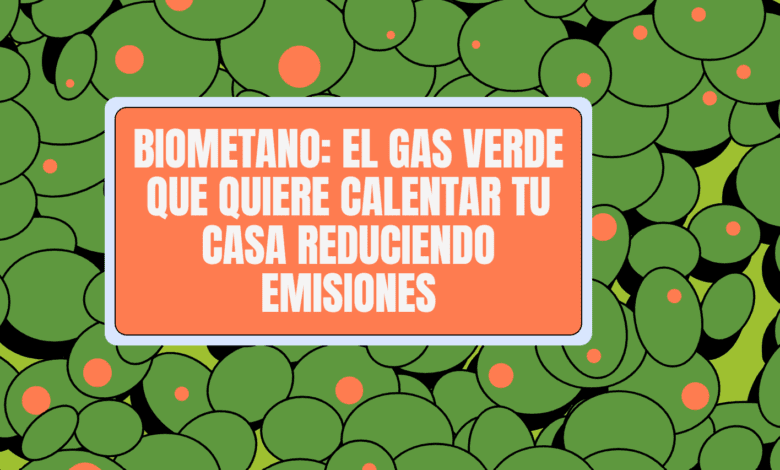
In recent years, Spain has confidently moved toward becoming a leader in the field of renewable energy. By 2024, the share of clean energy in the country’s total energy mix exceeded 56%. Against this backdrop, biomethane is drawing special attention—a climate-friendly gas increasingly replacing conventional natural gas.
Biomethane: A New Player in the Energy Market
Just a few years ago, biomethane seemed like something exotic, but today its role has grown significantly. According to experts, the potential for producing this gas in Spain is enough to supply energy to tens of millions of households. The raw materials used include agricultural and livestock waste, organic fractions of municipal waste, excess from the food industry, and forestry resources. This approach not only cuts carbon dioxide emissions but also helps utilize what was once considered trash.
Experts point out that around 40% of Spain’s CO2 emissions cannot be eliminated solely by switching to electricity. This is where biomethane comes in, potentially covering almost half of Spain’s gas demand. For households, it means a full replacement of traditional fuels, and for industry—nearly half of their required supply.
Industry and Housing: Who Has Already Switched to Biomethane
Spanish companies are actively adopting green gas in their operations. Major companies like AENA and Inditex already use biomethane for heating and production needs. For example, textile giant Inditex has partially switched to this type of fuel at its facilities in Galicia, significantly reducing conventional gas consumption.
Other industries are not far behind. Paper mills in Navarra and Zaragoza are also using biomethane in their daily operations. This not only reduces their environmental footprint but also makes their production more resilient to fluctuations in traditional energy prices.
Green gas in new homes
Biomethane is also gaining popularity in the housing sector. Major developers are signing agreements with gas companies so that new homes are immediately ready to use environmentally friendly fuel. Residents can heat their homes, cook, and have hot water without extra investment in equipment. Already, dozens of facilities across the country are supplying biomethane to city networks, and their number is rapidly growing.
In the coming years, several dozen more facilities are expected to come online, enabling hundreds of thousands of families to access this energy. Biomethane is thus becoming not just an alternative, but a real part of everyday life in Spain.
Spain is proving that the transition to green technologies is possible not only in theory but also in practice. Biomethane is already helping the country move toward energy independence and lower harmful emissions, and its role in the economy and everyday life will only continue to grow.












